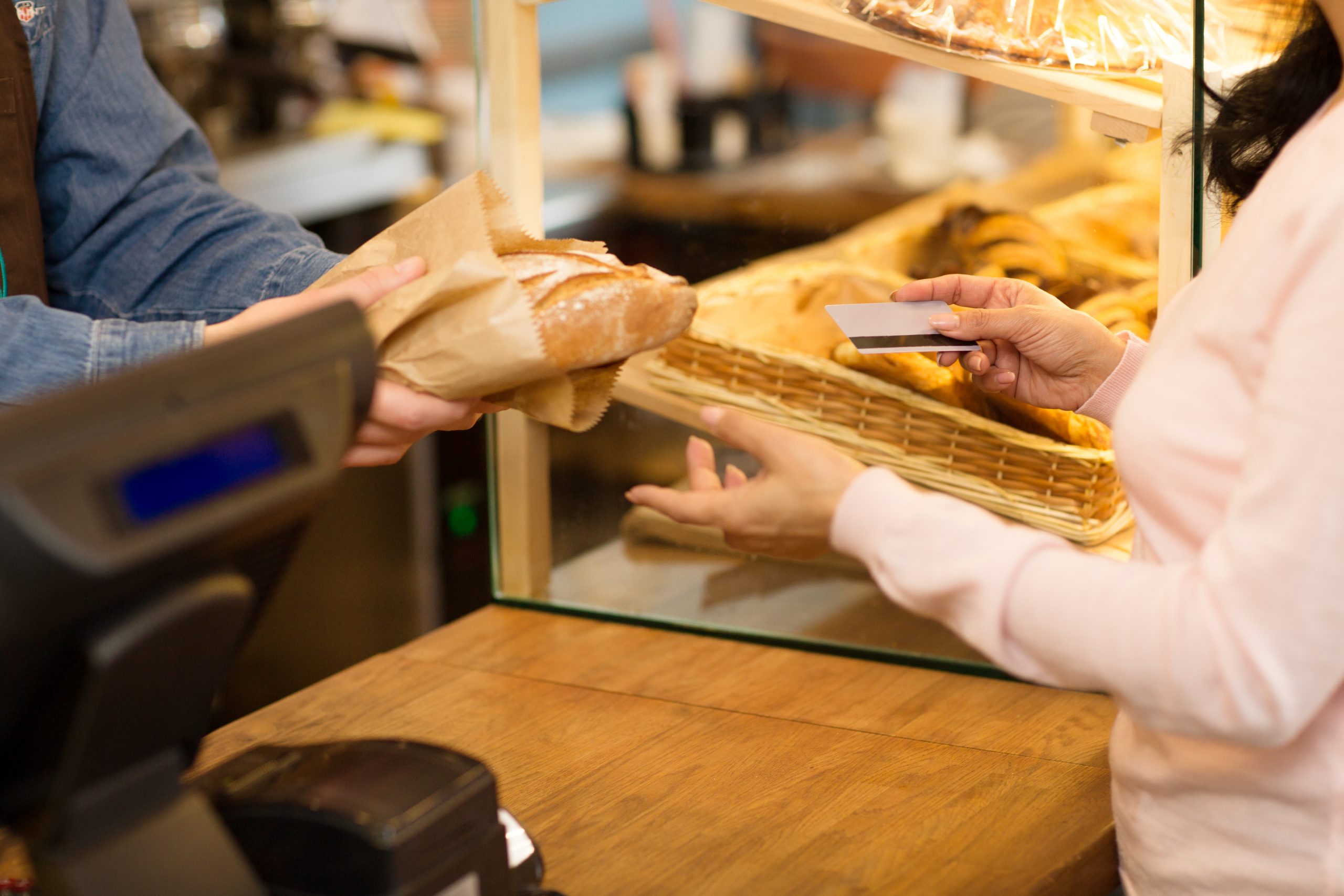The rise of the micro food business
- Like
- Digg
- Del
- Tumblr
- VKontakte
- Buffer
- Love This
- Odnoklassniki
- Meneame
- Blogger
- Amazon
- Yahoo Mail
- Gmail
- AOL
- Newsvine
- HackerNews
- Evernote
- MySpace
- Mail.ru
- Viadeo
- Line
- Comments
- Yummly
- SMS
- Viber
- Telegram
- Subscribe
- Skype
- Facebook Messenger
- Kakao
- LiveJournal
- Yammer
- Edgar
- Fintel
- Mix
- Instapaper
- Copy Link
Posted: 26 August 2020 | Jane Mason | 1 comment
Supermarkets have dominated the food market for some time, but could there be new a contender in town…?


In theory, it has never been a better time to be a grocer. What has been nothing short of catastrophic for the entire supply chain to the hotel/entertainment/restaurant cluster has been an extraordinary boon for food retailers as people were forced to – and continue to choose to – cook and eat at home.
Some in the sector have pointed out that revenue growth has been offset by the increased costs of equipping stores to ensure shoppers and staff can experience higher levels of hygiene and social distancing. Whereas others have pointed out that non-traditional delivery models such as independent delivery services and mobile supermarkets will give the big retailers a run for their money.
Local, seasonal and sustainable have been three of the biggest, long-term food trends over the past 25 years, although they have become highly relevant in the past decade. Micro food businesses, most clearly present at the growing number of farmers’ markets, have both fuelled and met these demands.
They not only shorten the supply chain between growers and consumers in a compelling way, but (in my opinion) they are also more effective than supermarkets at meeting consumers’ specific needs and lifestyle choices from free-from, fermented and raw, to highly expensive, small batch, ready to eat food and meals. Moreover, I believe they are better at meeting consumer needs for individual expression and social connectivity than the otherwise rather anodyne supermarket shop.
COVID necessitated the temporary closure of most farmers’ markets. As a result, many micro food producers, thankfully deemed essential, pivoted to offer delivery or pick up in a socially distanced way. The general consensus is that many of these businesses doubled in size and some reported that their profits have grown by up to 300 percent. The reasons for this are various and include:
- Many people wanted/needed to avoid the supermarket but could not get a delivery slot
- Those sheltering found that their local micro businesses were willing and able to deliver to them
- As the economy started to slow, people rallied around their local businesses, making a great effort to support them
- People had a natural desire for special and novel goods and experiences during a difficult time
- People felt safer and more comfortable buying from a local business.
It is unclear whether this level of demand will be sustained when COVID is over. While it is true that every dollar spent elsewhere is not spent in the supermarket, the truth is that supermarkets dominate the retail end of the food supply chain, and with over 90 percent market share of most goods, they are not going anywhere fast. Nevertheless, the care, flexibility and innovation demonstrated by these micro businesses has been spectacular to watch and may have led to a permanent shift in shopping habits.
About the author
Jane Mason has over 20 years of experience working internationally with some of the world’s largest organisations. A Toronto native, Jane completed her MBA at London Business School, and worked in Group Strategy for a global financial services firm before going into consulting. She founded Virtuous Bread in 2010 to effect positive social change through bread. Jane is a professional baker and published author. Her ambition is to inspire future bread-making entrepreneurs.
The author would like to extend her thanks to Ruth Macintyre, Darrin Romp, Liz Wilson, Sara Ward, Di Holba, Keith Kirby, Jane Todd, Julia Farkas, and Alex Vaughan who contributed their experiences to this article.
Related topics
COVID-19, Food Security, Free From, Plant based, retail, Supermarket, Supply chain, The consumer, Traceability, Trade & Economy








Amid this catastrophic outbreak, local grocery store can serve well than huge supermarket as well. It is as win win for farmers and buyers and shopkeepers.